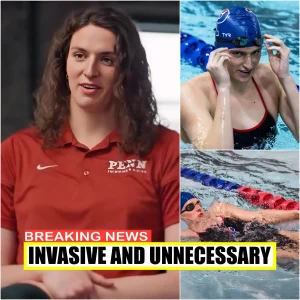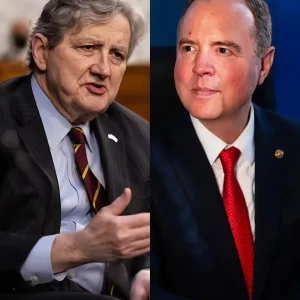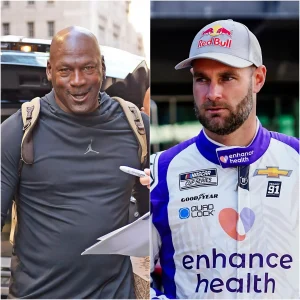23XI and Front Row’s Legal Bombshell Rocks NASCAR: Monopsony Ruling Escalates Antitrust War as Trial Looms on December 1
The engines of NASCAR’s legal battlefield roared louder this week as a federal judge handed 23XI Racing and Front Row Motorsports a pivotal victory in their explosive antitrust lawsuit against the sanctioning body, narrowing the fight to a razor-sharp question of monopsony power and igniting fears of a sport-shattering trial just weeks away. U.S. District Judge Kenneth Bell’s Tuesday ruling – affirming that NASCAR wields unchallenged dominance in the “premier stock car racing” market – has slashed the case to its core: did the France family’s empire exploit that monopoly to strong-arm teams into a lopsided 2025 charter agreement? With co-owners Michael Jordan and Denny Hamlin’s 23XI (No. 23 Bubba Wallace, No. 45 Tyler Reddick, No. 35 Riley Herbst) and Bob Jenkins’ Front Row (No. 34 Todd Gilliland, No. 38 Zane Smith, No. 4 Noah Gragson) dropping their Section 1 collusion claim to streamline for the December 1 showdown, the garage braces for fallout that could redistribute billions, upend charters valued at $30-50 million apiece, and fracture the alliances propping up stock car’s crown jewel.

The saga ignited in October 2024, when 23XI and Front Row – the lone holdouts among 15 Cup teams – rejected NASCAR’s “take-it-or-leave-it” charter extension after two years of grueling talks. Charters, akin to NFL franchises, guarantee race entry, revenue shares (up to $18 million annually per team), and veto power on series changes. The rebels accused NASCAR and CEO Jim France of Sherman Act violations: Section 1 for colluding with signatories to freeze out dissenters, and Section 2 for monopolistic abuse via track ownership (Daytona, Talladega, Michigan under International Speedway Corp.) and media control (NBC, Fox deals). “NASCAR’s a monopsony – sole buyer of elite stock car services – dictating below-market terms while pocketing billions,” thundered lead attorney Jeffrey Kessler in filings. France countered with a scorched-earth defense: charters boost competition (values soared 300% since 2016), and the suit’s a “baseless shakedown” by colluding teams, including 23XI co-owner Curtis Polk’s alleged qualifying boycott push.

Bell’s latest salvo? A game-changer. Overruling NASCAR’s bid to broaden the market to include F1, IndyCar, or IMSA – “irrelevant substitutes,” per plaintiffs’ expert Dr. Daniel Rascher – the judge locked the battlefield to “premier stock car racing” (Cup Series events). “NASCAR controls entry into Cup races nationwide,” Bell wrote, citing the org’s counterclaim phrasing as self-snaring: “They must live with the consequences.” Dismissing NASCAR’s revenue-hike argument (“From $10M to $18M per charter? Proof of fairness”), Bell spotlighted the “final offer” tactic post-negotiation: “No monopsony? Then why the ultimatum?” The ruling torpedoes France’s summary judgment motion, greenlights plaintiffs’ partial win, and vaults to trial – sans the dismissed Section 1 (collusion), focusing laser-like on Section 2 (monopolization harms).
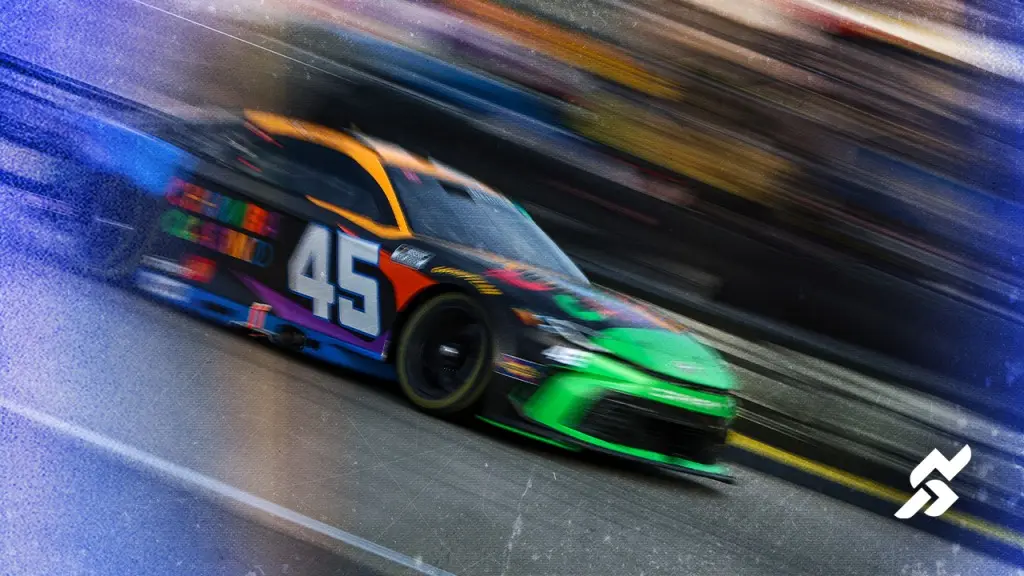
The shockwaves? Seismic. 23XI and Front Row’s Thursday motion to axe Section 1 “streamlines for jury clarity,” but it’s chess: dodging NASCAR’s antitrust counterclaim (now narrowed on financial docs from the 13 signatories). “Trial’s about NASCAR’s anticompetitive acts harming teams, fans, drivers,” Kessler crowed. “We’re ready for verdict benefiting all stakeholders.” France fired back: “Charters enhance competition – we’ll defend NASCAR’s integrity from this divisive ploy.” Behind closed doors? Settlement fever. A two-day mediation flop in October yielded NASCAR’s rare olive branch – commissioner Steve Phelps admitting they’re “trying hardest” to resolve – but teams rebuffed as “publicity stunt.” Now, with December 1 circling, whispers of a pre-trial truce intensify: redistribute charter payouts? Add anti-suit clauses? Or let juries decide billions in damages?
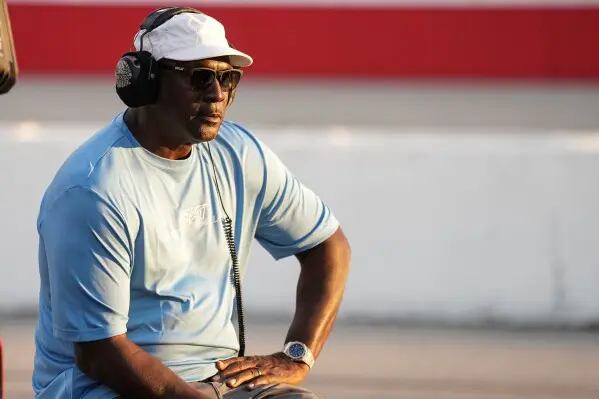
The human toll cuts deep. Hamlin, 0-for-6 in titles post-Phoenix heartbreak, juggles 23XI duties amid his own JGR contract (through 2027). Wallace, Reddick, Herbst – all thriving sans charter guarantees – face uncertainty: open-team status stripped mid-2025 after injunction denials, forcing $25M+ repayments (redistributed to signers at $838K each). Front Row’s Gragson, Gilliland, Smith grind as underdogs, their three-car bid (from defunct Stewart-Haas) in limbo. Fans? Polarized – X polls show 55% backing teams for “fair shake,” 45% fearing “division kills the sport.” The Drivers Advisory Council filed an amicus brief in October, urging balance: “Advocate for drivers caught in crossfire.”
As Phoenix’s ghosts fade (Larson’s “undeserved” crown via overtime chaos), this suit’s the real wreck. NASCAR’s $2B+ media bonanza (up 20% since 2016) masks inequities: teams foot 80% of costs for 20% revenue? Jordan’s billions buy clout, but Hamlin’s grit demands justice. Bell’s gavel sets stage for epic: monopsony proven, harms quantified – could charters dissolve? Tracks open to rivals? Or a settlement sealing the France dynasty?
December 1 isn’t a date – it’s detonation. 23XI and Front Row didn’t just lash out; they lit the fuse. NASCAR’s empire teeters; the garage holds breath. In stock car’s high-stakes gamble, the biggest bet? Survival of the fittest – or the fairest.



